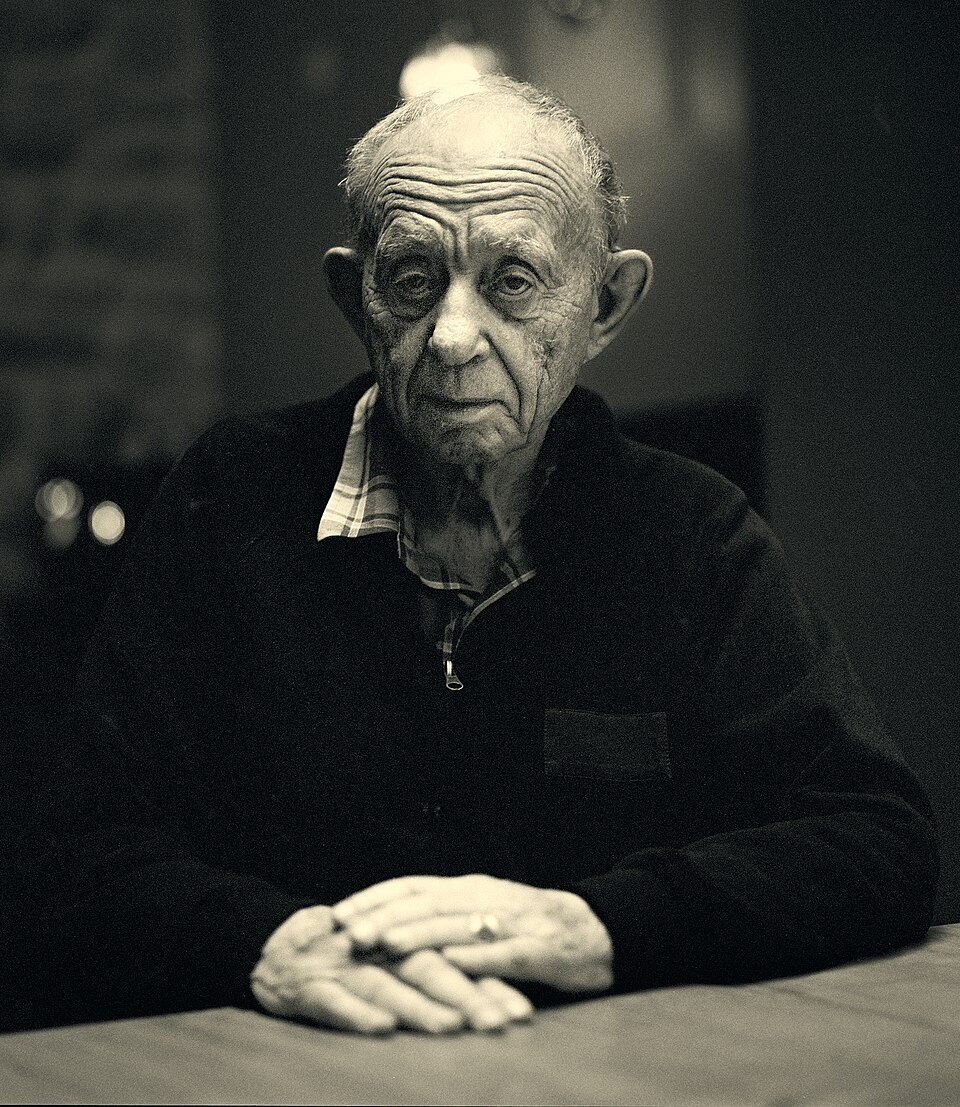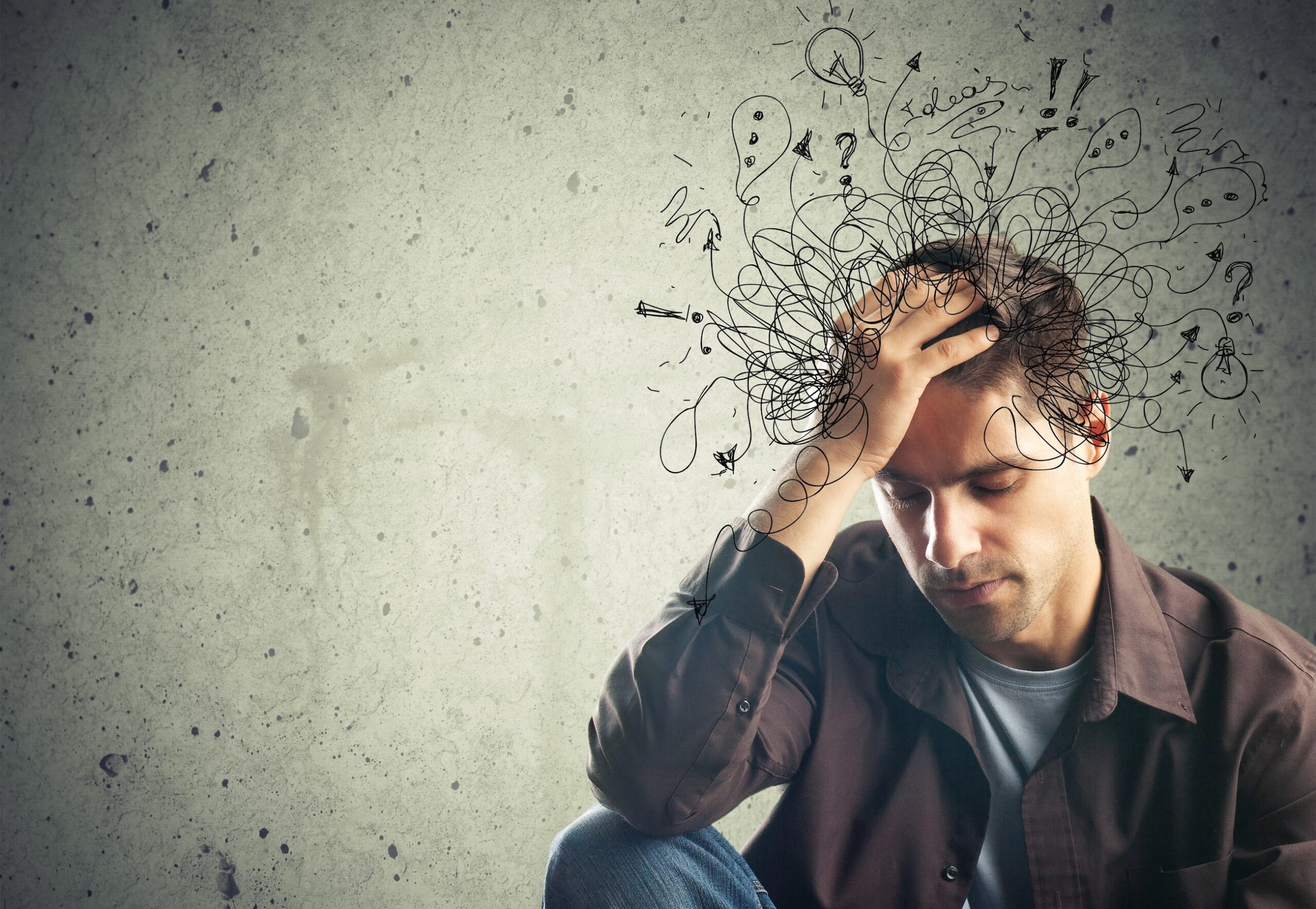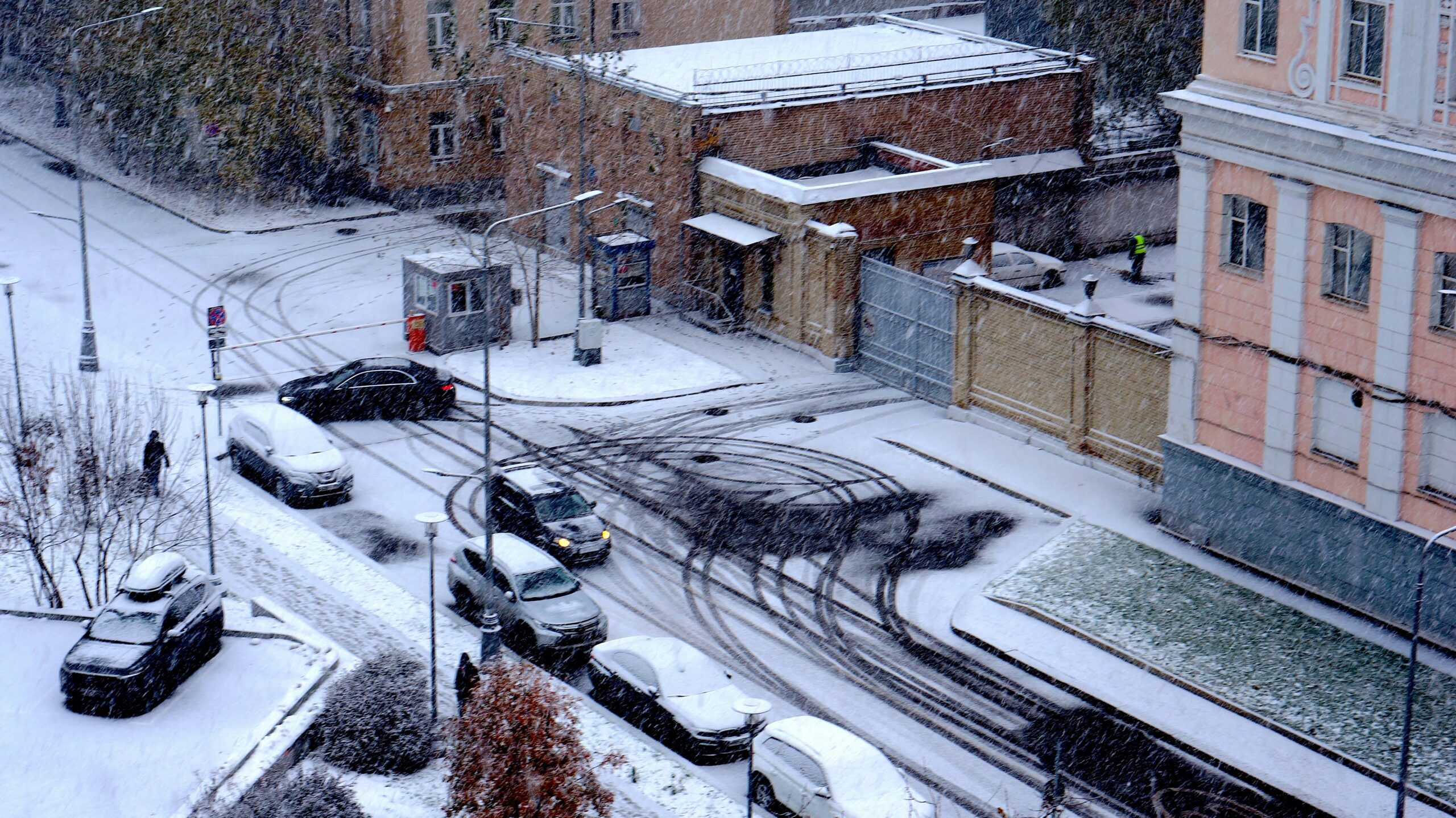Empathy, It Seems, Is Overrated
April 18, 2024

A heart willing to welcome someone else’s pain inside. A brain with the superpower of unlocking other psyches. Skin so tender, anybody’s mood will brush against yours—then penetrate. Empathy seems a noble trait, potent and generous, an instant cure for injustice and xenophobia. I watch “empaths” on my husband’s beloved Star Trek and practice, proud that I already have a predisposition toward this…virtue?
Not always.
“Empathic distress” is a familiar phrase in the helping professions, but writing lies far outside that warm circle. The concept is new to me. An offhand remark about “compassion fatigue”—noting that compassion was never the real problem—has caught my attention, so I start reading. One article after another blames empathy, not compassion, for burnout and emotional exhaustion.
But empathy springs from compassion, I mutter. Compassion without empathy is just sympathy, a sentiment that is easily mawkish, condescending, and deliberately distanced. Or so I have always believed.
Dr. Tania Singer, a social neuroscientist and psychologist at the Max Planck Institute for Human Cognitive and Brain Sciences in Berlin, disagrees. A world-class expert in empathy and compassion, she scanned the brains of Buddhist monk Matthieu Ricard, also a neuroscientist, and other monks close to the Dalai Lama. She wanted to see where their brains lit up at moments of compassion and at moments of empathy. She found two entirely different neural pathways.
When empathizing with human tragedy, even wise contemplative monks become overwhelmed. Empathy causes you to feel the pain you are witnessing—in the same part of the brain that the sufferer feels it. Cut off from the meditative practice that buffers reactive emotions, the monks found the experience almost intolerable. But in the next round of scans, they were allowed to return to meditative compassion, which let them feel the pain without withdrawing or shutting down. Soak what you are perceiving with loving kindness, Ricard says, “and in the brain, complete change.”
The problem with pure, unadulterated empathy is that it becomes unbearable. Too much, too often, and you either withdraw or let it paralyze you. Either way, you are useless. Researchers say those who feel compassion are much more likely to help the other person than those who feel empathic distress.
The longer I think about this, the more sense it makes. Were I heading into childbirth, I would not want a husband bent double and moaning with those adorable, empathetic mock cramps. I would want a husband who could pull the car around. This empathy-compassion distinction must be what people mean by “boundaries,” a word that always sounded stiff and prissy to my ears. I wanted us all to melt into one another and feel everything, not make rules and build fences.
I could have used some fences. For a block of time in my twenties, I was on five people’s suicide call lists. Their pain did get to me, and in time it annoyed and detached me, because it felt manipulative, and I did not want to sink with them.
Oddly, writing about suffering was never a problem. I could report one wrenching story after another without getting depressed. People looked at me strangely, wondering if I had a heart of ice or a history of masochism. But learning was satisfying when it led somewhere. Now, when I only watch the news, I often avoid it. My job is no longer to dig for meaning and solutions. My job is only to register all this suffering, and that is exhausting. Years ago, when reports of tragedy were rare, people reached for their wallets or hurried to volunteer. With a steady diet of global misery, we tense or go numb, unable to handle the “overwhelm” that is now so pervasive, we have made it a noun. Instead, we focus on ourselves, soothing and self-regulating, averting our gaze from the pain that distressed us.
Back in those reporting days, my editor amazed me with his combination of sensitivity and unflappable calm. When his job threatened to turn into social work because one of his writers was mired in some unrelated but debilitating emotional struggle, he would quietly remind himself, “I do not own this problem.” It took me years to see the wisdom of that distance. Take on someone else’s pain as your own, and you will have even fewer resources than they do, because you have no history with this pain, no sense of its origin or endpoint.
“I feel your pain,” we say, but instead of feeling someone’s pain along with them, we might want to stand by their side, whole, and love them through it. “My heart goes out to her,” we say, feeling first a dull weight, then a zinging sensation in the chest, as caring wrenches itself from one body and flies toward another.
But we need our heart to stay ours.
Here is the crux: compassion is infinite; empathy is not. Com-passion: feeling with someone, instead of feeling as though you are that person, breathing through their lungs and feeling through their nervous system. That is a useful temporary exercise, but no place to stay. Instead of being sucked into someone else’s misery, you have to keep your head above water, your breath easy and regular. You must learn your own outline by heart, trace your ragged edges so you can protect them.
Once, this imperative would have struck me as selfish. How dare we hold ourselves aloof, set those snotty boundaries, refuse to muddy ourselves with spilled emotion? Now I see that it is the only way to stay intact—and helpful. Absorb too much and you slump in a corner, heavy and squishy and resentful. Maybe that is why our language changed: “I feel for you” is now “I feel you,” which presumes less. We urge caregivers to take care of themselves, too; we tell parents to put on their oxygen mask first. At times of grief we offer “deepest sympathy,” not empathy, because how can we know what the bereaved feel? Even if we could, it would do no good for us to take the full weight of their sorrow.
I used to try. Boundaries would have reminded me that someone else’s pain was theirs, rooted in their life. It was not about me.
I think I felt guilty for not suffering the same pain, so I embraced theirs. And then grew exasperated, nagging them to solve their problem already, get the tests or diagnosis or divorce or new job—so I could be put out of my misery.
In 2006, then-Senator Barack Obama announced, “We have an empathy deficit.” We did, and we do, and we need the skill desperately. Without it, others’ experiences are alien, impossible to imagine, easy to misjudge. Empathy opens the world. Yet it is, paradoxically, “narrow in its focus,” writes psychologist Paul Bloom, shining its spotlight on individuals rather than groups. Who we empathize with is up to us, which biases us toward those whose pain we feel most readily. “Compassion is distinct from empathy,” Bloom concludes, “and is a better prod to moral action.”
Surgeons gown and glove; priests wait in a darkened confessional; psychologists set a timer—all ways to shore up boundaries. When they slip, we are flooded with distress. When they stay in place, warm concern flows over the top. This compassion releases oxytocin, strengthens bonds, and heightens other positive emotions, giving us the energy to act. Practice that, I tell myself. Your ego, once so proud of its empathic prowess, can chill.
Read more by Jeannette Cooperman here.






